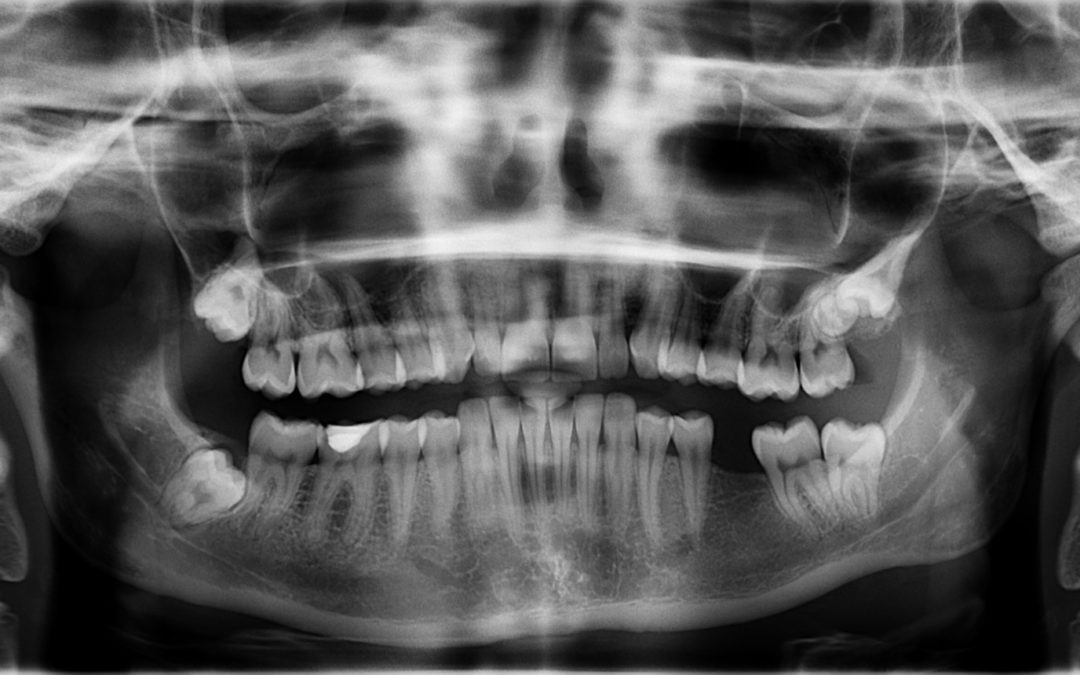Everybody finds out about wisdom teeth at some point or another. Over time, these worrisome extra molars will push their way through your jaw, and you’ll need to get them taken out.
Why do we have wisdom teeth, anyway? It seems they just grow for the sake of making our lives miserable, so what reason could we have for them?
An Evolutionary Holdover
Well over 100,000 years ago, ancestors of modern humans had larger jaws for chewing plants. As their bodies did not have an efficient way to break down plant matter, they needed extra chewing teeth to be able to digest what they foraged.
Because they had larger jaws, the extra teeth were most likely a natural part of early human development. But, with humans eating more cooked food and meat over the millennia, our jaws got smaller, and those teeth became pesky extras.
Why Do Wisdom Teeth Grow In Sideways or Crooked?
Wisdom teeth push the rest of your teeth forward. You still have all your other teeth trying to hold their place, which means the wisdom tooth must push harder and grow backwards.
Often the tissue at the end of the mouth will grow over wisdom teeth, causing irritation while chewing and swallowing.
Why Do We Get Wisdom Teeth Removed?
It’s no surprise that wisdom teeth are painful.
Pushing on the rest of your teeth, the additional pressure on tooth enamel can cause cracking and infection. Cracks in your teeth also generally increase the chance of tooth and gum decay.
Impacted wisdom teeth – those that have cracked and infected – cause immense pain if left untreated. And, infections in the mouth pass on through the bloodstream. This means impacted wisdom teeth can be harmful to overall health.
Does Pulling Wisdom Teeth Hurt?
The procedure for removing wisdom teeth does not hurt. Patients are given anesthetics to numb their mouth during oral surgery, and often are prescribed painkillers for the following healing period.
Pain can last after wisdom teeth removal for upwards of a week if the mouth is kept clean. Additionally, patients who have had wisdom teeth removed should listen to all dentist recommendations.
Common recommendations from dentists after wisdom tooth removal include:
-
- Eating Soft Foods – There are certain types of food that are fine to eat after wisdom tooth removal, many of them listed here.
- Avoid Using Your Mouth – Straining your mouth muscles after wisdom teeth removal can reopen incisions in your mouth. This can cause added infection, and a slower wisdom teeth removal recovery time.
- Drink Plenty of Water – Water keeps your mouth clean, and a hydrated body fights infection better than a dehydrated one.
Wisdom tooth pain is no joke. Many people find impacted wisdom teeth a debilitating experience that will keep you out of work and unable to manage. Ignoring impacted wisdom teeth can also be detrimental to your health.
If you’re concerned about wisdom tooth pain, contact our office today to schedule a check up!

